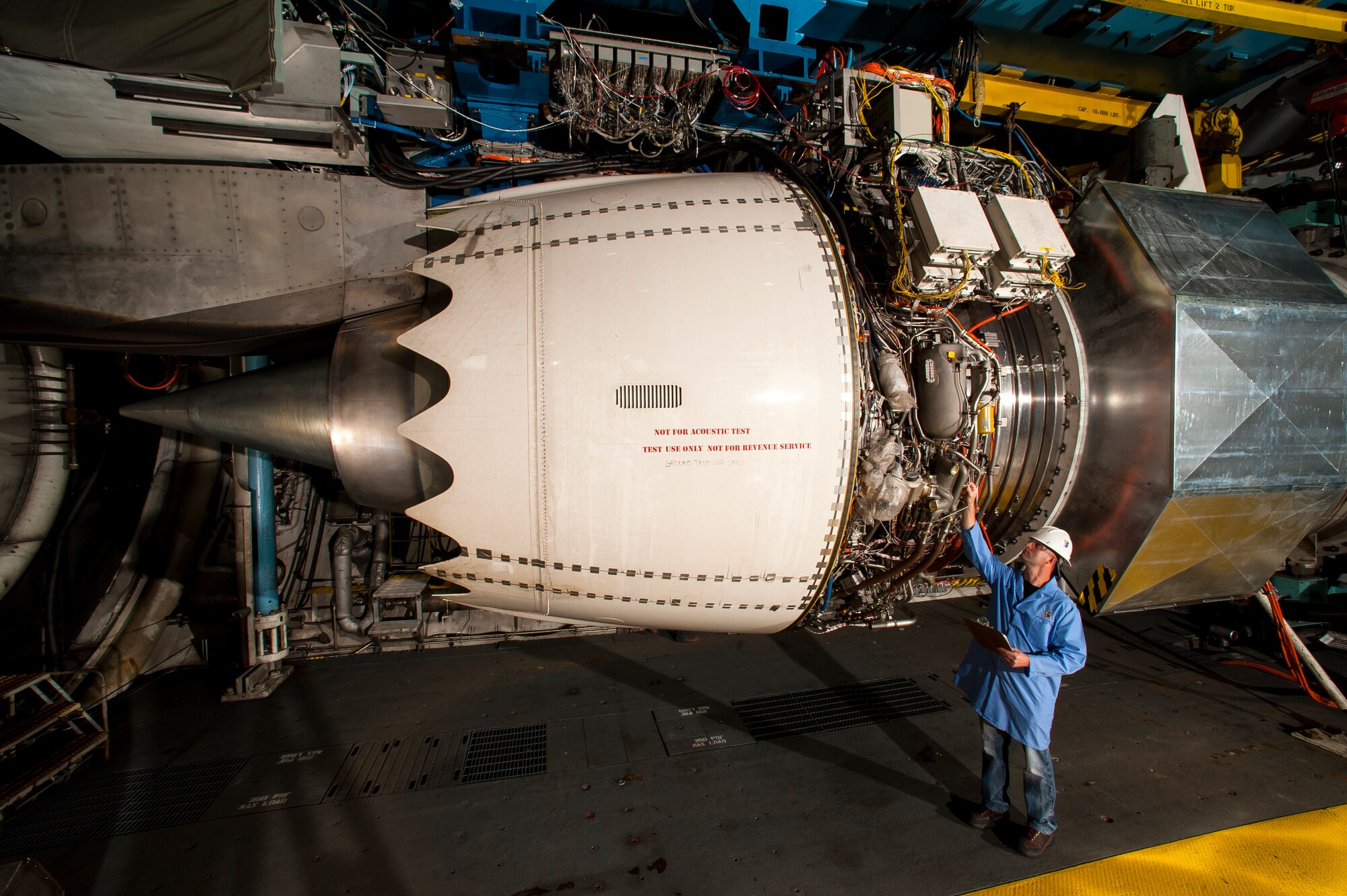EN 335 Engine Thermal Barrier Coating Testing
The EN 335 standard is a crucial part of the European aerospace and aviation testing framework. This test method is specifically designed to evaluate the thermal insulation properties of coatings used in propulsion systems, ensuring they meet the stringent requirements for performance and durability under high-temperature operating conditions.
Thermal barrier coatings (TBCs) are critical components within modern engines that help protect the underlying materials from the extreme temperatures encountered during operation. The EN 335 test measures how effectively these coatings insulate against heat, thereby extending the operational life of engine parts and enhancing overall system reliability.
The testing process involves subjecting coated specimens to controlled thermal environments according to specified procedures laid out in the standard. Key parameters include exposure time, temperature cycles, and the measurement techniques used to assess insulation performance. Compliance with EN 335 is essential for manufacturers seeking to ensure their products meet regulatory standards and perform reliably under real-world conditions.
Understanding the importance of this test requires insight into its broader context within the aerospace industry. Engines operate in harsh environments where materials must withstand significant thermal loads without failing. By adhering to EN 335, companies can demonstrate that their products are not only compliant but also robust enough for demanding applications.
For quality managers and compliance officers responsible for ensuring product integrity across various stages of development and production, understanding the nuances of EN 335 is vital. It allows them to make informed decisions about material selection, process optimization, and regulatory adherence. Similarly, R&D engineers benefit from knowing these details as they work on advancing technologies that push performance boundaries.
Additionally, procurement teams can leverage this knowledge when specifying requirements for suppliers who need to deliver materials capable of withstanding rigorous testing according to international standards like EN 335. This ensures consistency in supply chains and reduces the risk of non-compliance issues downstream.
Applied Standards
| Standard | Description |
|---|---|
| EN 335-1 | Part 1: General requirements and test methods for thermal barrier coatings on metallic components of gas turbine engines. |
| EN 335-2 | Part 2: Test methods specific to ceramic-based thermal barrier coatings. |
The EN 335 series of standards provides a comprehensive framework for evaluating the performance of thermal barrier coatings in gas turbine engines. These documents detail various aspects such as coating preparation, testing procedures, and evaluation criteria to ensure consistent quality across different types of coatings.
Eurolab Advantages
- State-of-the-art facilities equipped with advanced measurement instruments tailored for precise thermal analysis.
- Experienced technical staff proficient in interpreting results and providing actionable insights based on EN 335 requirements.
- Comprehensive data management systems to ensure accurate record-keeping and easy access to historical test results.
- Collaborative approach with clients throughout the testing process, offering support from initial consultation through final reporting.
Eurolab’s commitment to excellence in aerospace and aviation testing is reflected in its ability to deliver reliable EN 335 engine thermal barrier coating tests. With our expertise and cutting-edge technology, we provide accurate measurements and detailed reports that help your organization meet regulatory requirements while enhancing product performance.
Why Choose This Test
- Ensures compliance with international standards for thermal barrier coatings in propulsion systems.
- Provides critical data on coating performance under actual operating conditions, crucial for long-term reliability.
- Promotes consistent quality across different manufacturers and suppliers by standardizing testing procedures.
- Supports continuous improvement initiatives aimed at reducing maintenance costs and increasing engine efficiency.





